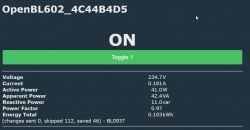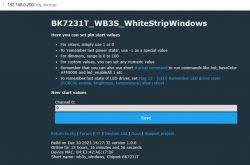I bought a Smart Plug from Aliexpress: https://fr.aliexpress.com/item/1005005790622741
They are named Aubess on the website, but not on the packaging or on the socket.
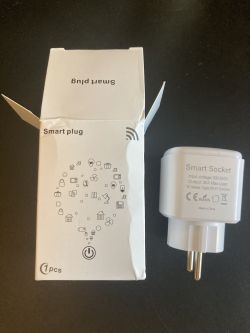
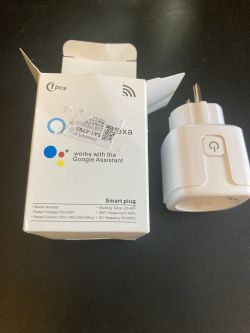
Easy to open with pliers.
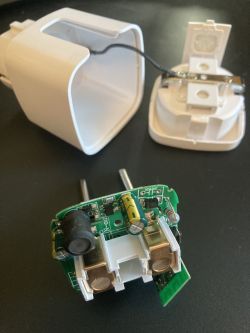
Contains an SM-028_V1.3 with a BL602L02 chip.
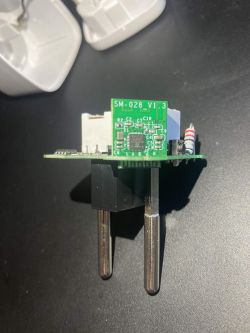
And BL0937.
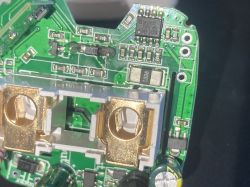
I soldered cables in the back of the SM-028_V1.3 between:
SM-028_V1.3 RX -> FTDI232L TX
SM-028_V1.3 TX -> FTDI232L RX
SM-028_V1.3 3V3 -> FTDI232L VCC (on 3V3)
SM-028_V1.3 GND -> FTDI232L GND
SM-028_V1.3 BT -> to a 10Kohm to VCC
And flashed it with Bouffalo Lab Dev Cube
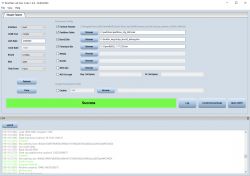
Then I disconnected all wires, remounted the socket, and put it on the plug.
And TADA! I entered my SSID and password and rebooted it.
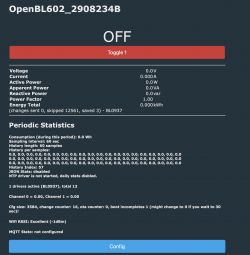
I checked the circuit wiring on the PCB between BL0937 and BL602:
BL0937 CF1 -> BL602 GPIO3
BL0937 CF -> BL602 GPIO14
BL0937 SEL -> BL602 GPIO21
LED -> BL602 GPIO20
Relay -> BL602 GPIO2
Button -> BL602 GPIO17
(don't bother yet to check the LED and button) => TODO
But once configured, nothing showed up in the Web app (all values are zero)
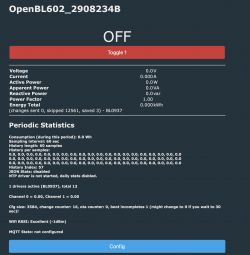
Current working template :
I saw some discussions about the BL0937 driver on BL602 not working because of HAL interrupt falling edge counter.
Is it already implemented?
They are named Aubess on the website, but not on the packaging or on the socket.


Easy to open with pliers.

Contains an SM-028_V1.3 with a BL602L02 chip.

And BL0937.

I soldered cables in the back of the SM-028_V1.3 between:
SM-028_V1.3 RX -> FTDI232L TX
SM-028_V1.3 TX -> FTDI232L RX
SM-028_V1.3 3V3 -> FTDI232L VCC (on 3V3)
SM-028_V1.3 GND -> FTDI232L GND
SM-028_V1.3 BT -> to a 10Kohm to VCC
And flashed it with Bouffalo Lab Dev Cube

Then I disconnected all wires, remounted the socket, and put it on the plug.
And TADA! I entered my SSID and password and rebooted it.

I checked the circuit wiring on the PCB between BL0937 and BL602:
BL0937 CF1 -> BL602 GPIO3
BL0937 CF -> BL602 GPIO14
BL0937 SEL -> BL602 GPIO21
LED -> BL602 GPIO20
Relay -> BL602 GPIO2
Button -> BL602 GPIO17
(don't bother yet to check the LED and button) => TODO
But once configured, nothing showed up in the Web app (all values are zero)

Current working template :
Code: JSON
I saw some discussions about the BL0937 driver on BL602 not working because of HAL interrupt falling edge counter.
Is it already implemented?
Cool? Ranking DIY



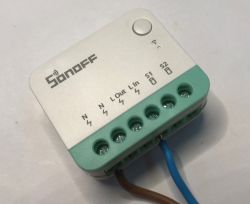



![[BL602/BL0937] Yet another Smart Socket 20A (but 16A) [BL602/BL0937] Yet another Smart Socket 20A (but 16A)](https://obrazki.elektroda.pl/6884445200_1705771798_thumb.jpg)
